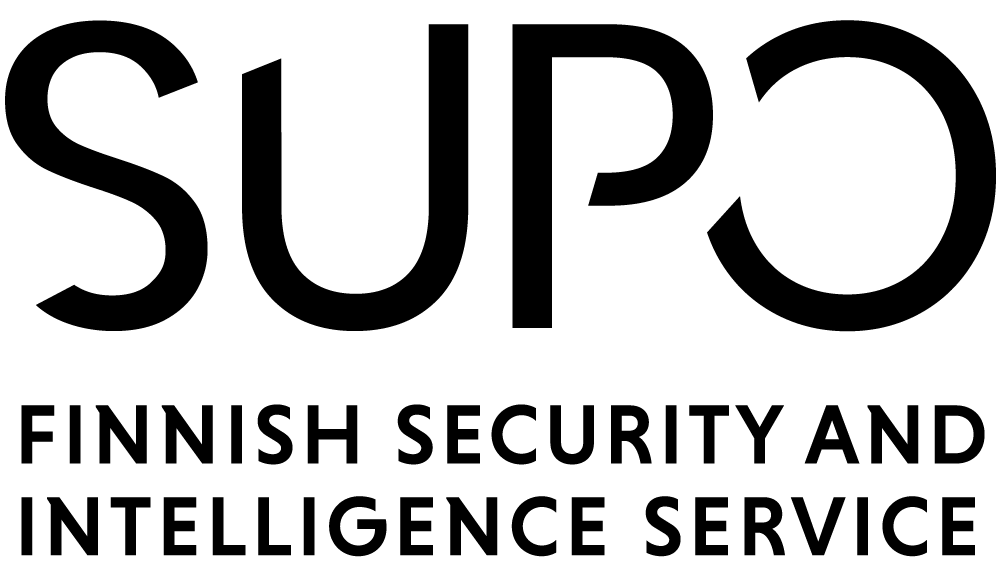The employer is notified of the outcome of security clearance vetting
Supo always assesses the totality of information disclosed in each individual case of security clearance vetting in relation to the position sought.
The party requesting security clearance vetting (most commonly an employer) is only informed of details that may be relevant to performing the duties in question.
Most security clearance vetting investigations disclose nothing to report. About two per cent of investigations disclose reportable information related to criminal offences. Information on financial difficulties is also disclosed in about two per cent of cases. Supo advises the employer in the form of a written notice.
If no sufficiently important details are found, then Supo notifies the employer that no information relevant to the investigation was disclosed concerning the individual. This is the outcome in some 96 to 99 per cent of cases, depending on the scope of the investigation.
The impact of any findings on recruitment is up to the employer
Supo never offers any opinion on whether the employer should take heed of any findings from security clearance vetting when recruiting, meaning whether the individual is suitable for the position sought. The decision to hire the employee is always made by the employer.
Completed security clearance vetting investigations are recorded in the security clearance vetting register, which uses automated integrity monitoring. If a person who has undergone security clearance vetting is subsequently suspected of a criminal offence, for example, then Supo will hear the person concerned and then assess whether the party that requested security clearance vetting should be advised of the matter in the individual case. The individual is entitled to be heard first if anything to report comes to light.
A person who has undergone security clearance vetting is required to declare any change of circumstances that could affect security clearance vetting. For example, changes in foreign interests must be reported to Supo.
The employer is also required to notify Supo of the end of any duties on which security clearance vetting was based.
